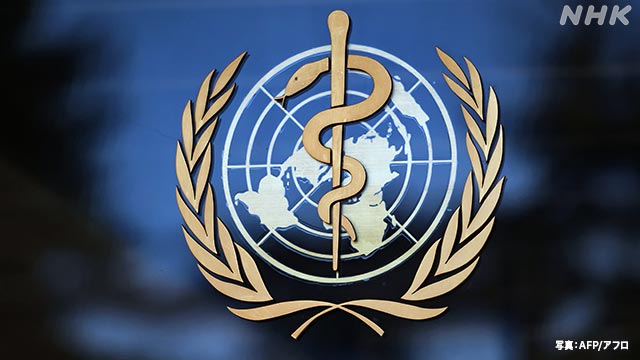To prevent the transmission of pathogens from wild animals to humans, the WHO (World Health Organization) and others have put together a tentative guide calling on countries to regulate wild mammals alive in traditional fresh markets. ..
WHO and the World Organization for Animal Health (OIE) have released a provisional guide on the 12th to prevent pathogens such as viruses from infecting humans from wild animals.
According to the guide, the new coronavirus has been infected one after another in the traditional fresh market, and in 2003 SARS, the virus was detected in wild animals. Over%. "
"There is a risk of directly infecting humans by touching the saliva, blood, excrement, etc. of infected animals."
Therefore, we are urging countries to take regulatory measures not to trade wild mammals alive unless hygiene is thoroughly enforced to protect customers and workers entering and exiting the market from infection.
The WHO team conducted a survey on the new coronavirus by visiting the seafood market in Wuhan, China, which handled wild animals in January, but the source has not yet been identified.

